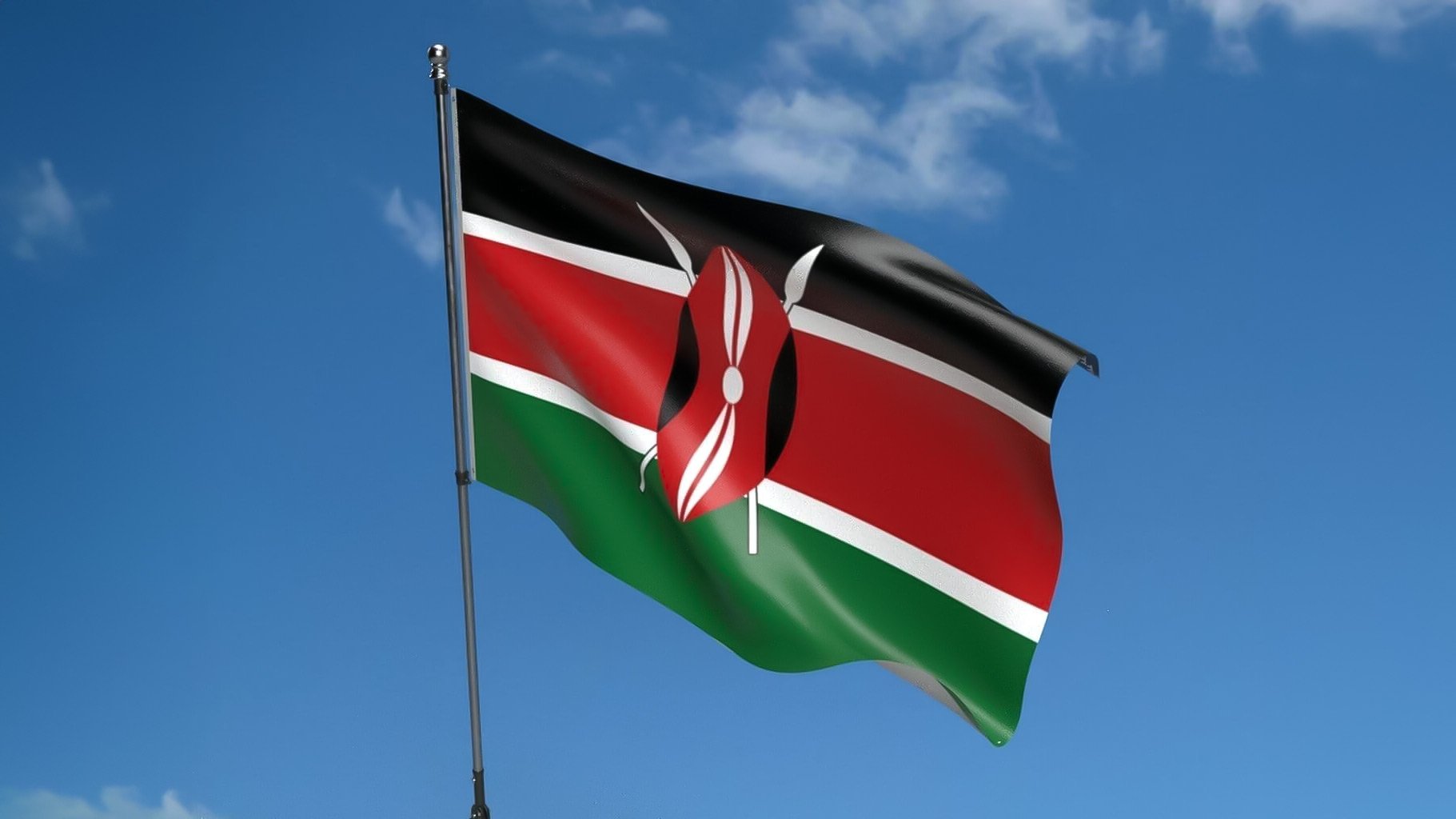
The newly proposed Kenya Gambling Control Bill 2023 is seeking to bring significant reform to the country’s gambling sector. The bill introduces a range of regulatory changes, notably the establishment of a new Gambling Regulatory Authority, which will replace the current Betting, Control, and Licensing Board (BCLB). This new authority would be in charge of regulating, controlling, and licensing gambling activities.
The bill also proposes stringent licensing conditions for betting companies, including a 15% tax on gross gambling revenue and a monthly gambling fee. Additionally, companies will be required to deposit an insurance bond or bank guarantee to cover potential liabilities.
Specific requirements are laid out for different types of gambling activities. For instance, casinos, online gambling, and national lotteries will have varying deposit requirements, ranging from approximately Sh20 million ($131,319) for casinos to Sh200 million ($1.3 million) for online gambling and national lottery. Operating licenses will be issued by local county governments.
The bill also addresses player registration and protection measures, banning the registration of minors in online games, lotteries, or betting. Licensed companies must ensure that all players are properly registered and hold an account.
Regarding corporate structure, entities seeking a license must be legally incorporated and have a minimum of 30% of their shares held by Kenyan citizens, in addition to maintaining a bank account in a Kenyan bank.
The bill also imposes specific regulations on media companies holding gambling licenses, prohibiting them from using their licenses for gambling activities or promoting gambling products on their broadcast frequencies.
In terms of enforcement and violations, the authority will have the power to renew, suspend, or revoke licenses. Penalties, including fines and imprisonment, are stipulated for violations such as promoting unauthorized lotteries.
Finally, the legislation allows for the issuance of licenses for public lotteries intended for charitable purposes, with a requirement that at least 30% of the profits be dedicated to specified charitable goals.